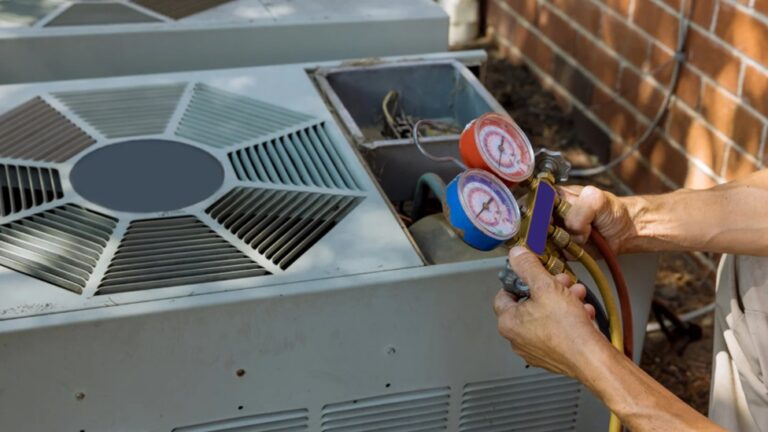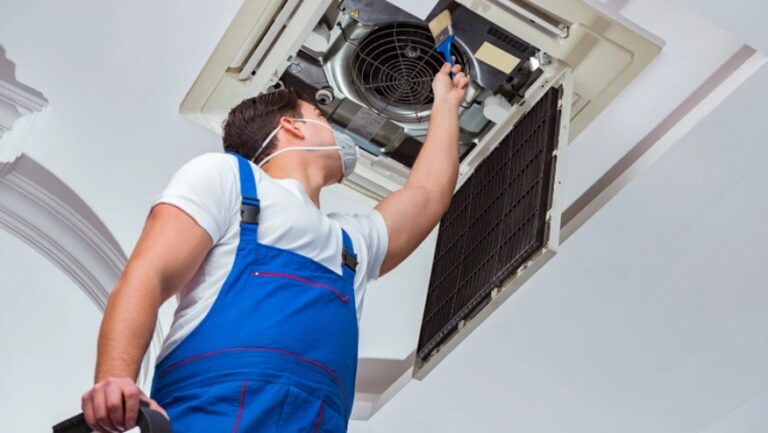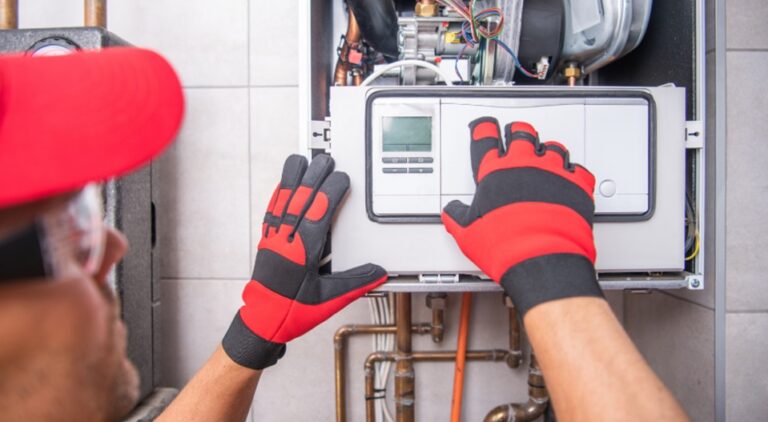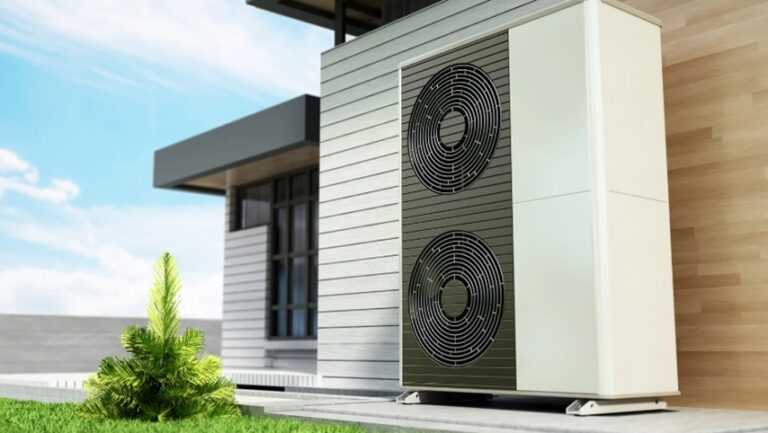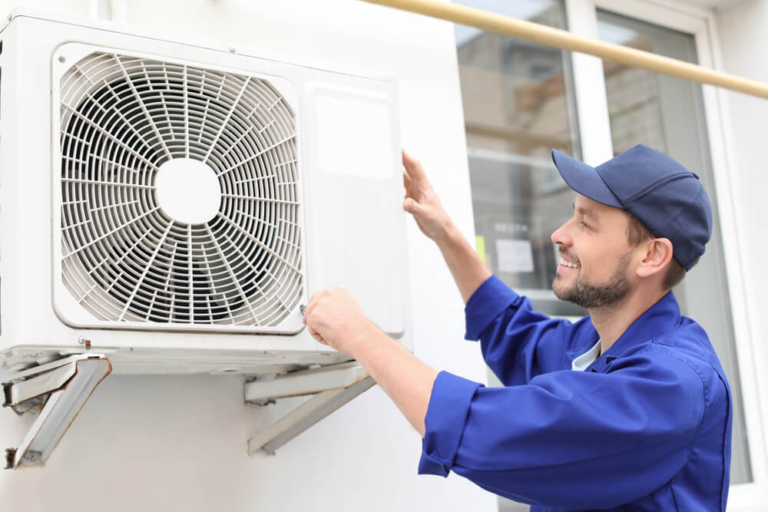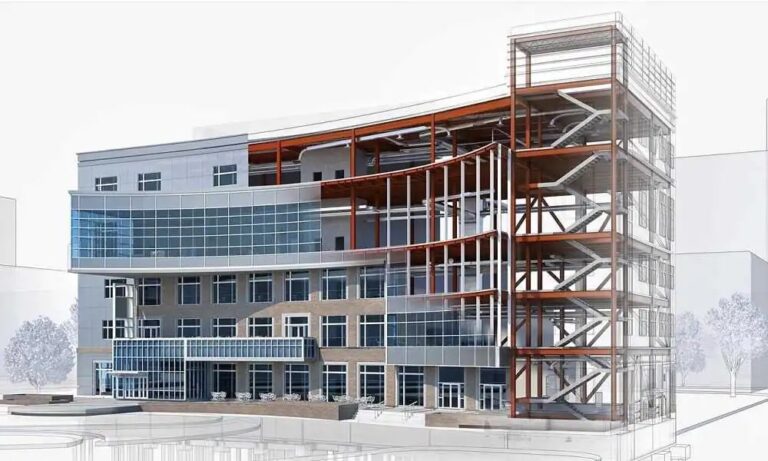A malfunctioning HVAC system can quickly disrupt comfort, inflate energy bills, and potentially pose health risks. While some issues might appear minor on the surface, ignoring them often leads to costly repairs or complete system failure. Understanding common problems and how experts resolve them can help homeowners act before minor annoyances escalate into major setbacks. Choosing energy-efficient systems is essential, especially when considering HVAC in Cleveland, where weather fluctuations demand reliable heating and cooling year-round.
Clogged or Dirty Filters
One of the most prevalent issues in residential HVAC systems is clogged air filters. When dust, pollen, and debris accumulate, airflow becomes restricted, forcing the system to work harder. This leads to higher energy consumption and increased wear on internal components. Professionals address this by recommending routine filter changes—often every 30 to 90 days—and using filters that match the system’s specifications.
Faulty Thermostats
Inaccurate temperature readings or inconsistent cycling are often linked to malfunctioning thermostats. Technicians begin by checking calibration and battery levels before evaluating wiring and communication with the HVAC unit. If outdated, a professional may recommend upgrading to a programmable or smart thermostat for better efficiency and user control. To find a good HVAC technician, look for proper licensing, verified experience, strong customer reviews, transparent pricing, and a clear warranty on both labor and parts.
Refrigerant Leaks
Low refrigerant levels typically point to a leak, not just normal usage. These leaks can reduce cooling efficiency and damage the compressor. HVAC professionals use tools to detect the exact source of leakage and seal it properly. They then recharge the system with the appropriate refrigerant volume, maintaining pressure and temperature consistency.
Dirty Coils
Both the evaporator and condenser coils must be clean for optimal performance. Over time, dirt and grime build up, reducing heat exchange and leading to poor system output. During a routine service, technicians use specialized cleaners and brushes to clean the coils, ensuring efficient heat transfer and preventing coil freeze-ups.
Drainage Issues
Clogged or disconnected condensate drain lines can lead to water leaks, mold growth, and even water damage in surrounding areas. Professionals typically flush the drain lines and inspect the pan for cracks or rust. They may also install float switches as a preventive measure, which automatically shut off the system in the event of overflow.
Electrical Component Failures
Worn-out capacitors, relays, or contactors can prevent motors and fans from operating correctly. These components are often subject to high wear, particularly in older systems. HVAC professionals inspect electrical panels for loose connections and signs of corrosion, then replace any failing components to restore safe functionality.
Undersized or Oversized Systems
Improper sizing is a critical issue that affects energy usage, comfort, and lifespan. An HVAC system that’s too small will struggle to regulate temperature, while an oversized unit may short-cycle, leading to increased wear and tear. To choose the right HVAC system for your home, consider your home’s size, insulation, climate, energy efficiency ratings, and whether the system supports zoning or smart thermostat integration.
Conclusion
Most HVAC problems stem from neglected maintenance or improper installations. Recognizing these issues early and consulting a reliable HVAC professional ensures that systems are not only repaired but also optimized for optimal performance and efficiency. Homeowners who invest in regular inspections and work with qualified technicians avoid emergency repairs, lower their energy bills, and extend the lifespan of their HVAC systems. Preventive care isn’t a luxury—it’s a strategic move toward safer, more efficient indoor comfort.

